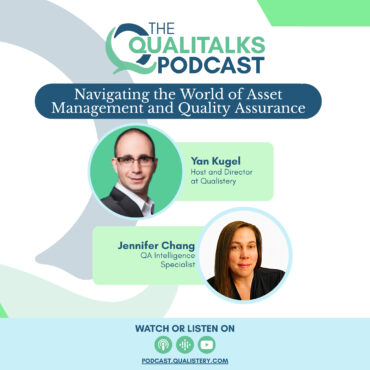
How to Choose and Implement the Right eQMS for Your Company
Digital transformation is the future of the pharmaceutical industry. Having an electronic quality management system (eQMS) in place means better efficiency, convenience, and compliance. However, the transformation is not a […]





